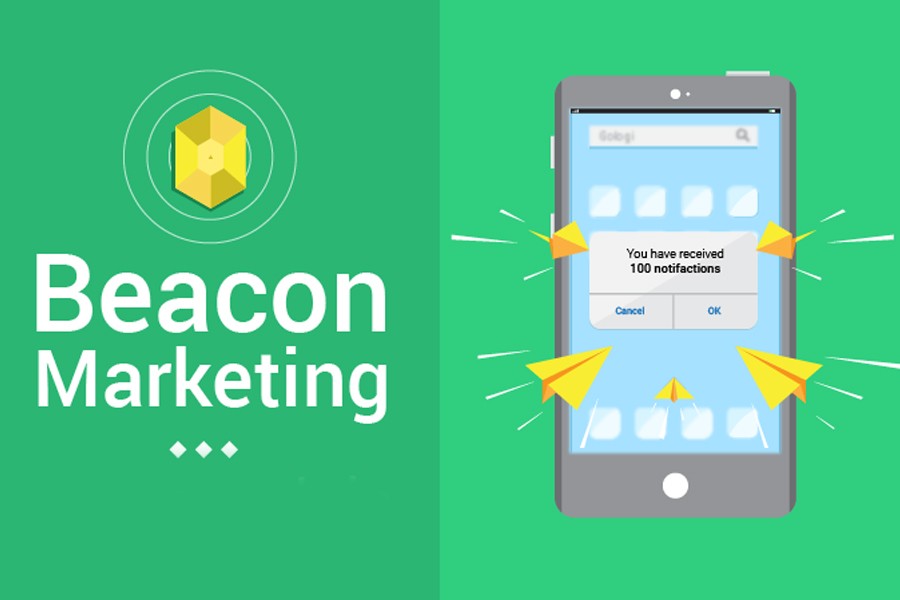Location-based advertising has always been an essential element to the business strategy of majority marketers. It is fast changing the way consumers interact with brands around them.
Now a more granular form of location-based advertising called proximity marketing has become the primary focus in making communication with a consumer as timely, relevant and personal as possible. Among the wide range of proximity solutions available, the use of ‘beacons’ has become quite popular.
Beacons are low cost, low power transmitters that are equipped with Bluetooth Low Energy (BLE) technology. Beacons transmit signals that are decoded by a mobile device to identify the beacon and determine the relative location of a device and its proximity to the beacon hardware. Beacons more efficient than services like GPS.
Google introduced a beacon format called Eddystone in July 2015 following Apple's iBeacon. The use of two new APIs– Proximity Beacon API and the Nearby API, made Eddystone comparatively more powerful. Eddystone technology also does not require any native apps and can operate through the universal Chrome app.
The entire proximity ecosystem, as envisioned by Google and supported through Eddystone beacons is called the ‘Physical Web’. With the help of the Physical Web and the data gathered, businesses can now easily send targeted and location-specific content to customers’ smartphones in proximity ensuring easier search and widespread customer reach.
With the rise of e-commerce and digitalisation, there is a potential for marketing through beacon technology In Bangladesh. Beacon marketing will significantly reduce market research and advertising expenses, allow marketers know more about their target market and help consumers quickly gain notifications from bands in proximity enabling them to act promptly. However, proper infrastructural investment is required to establish the beacon network.


